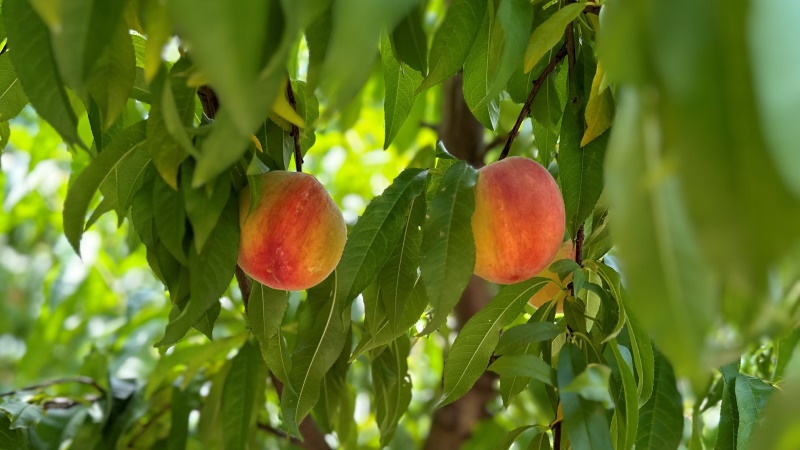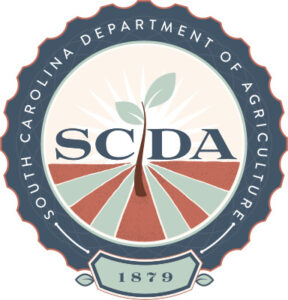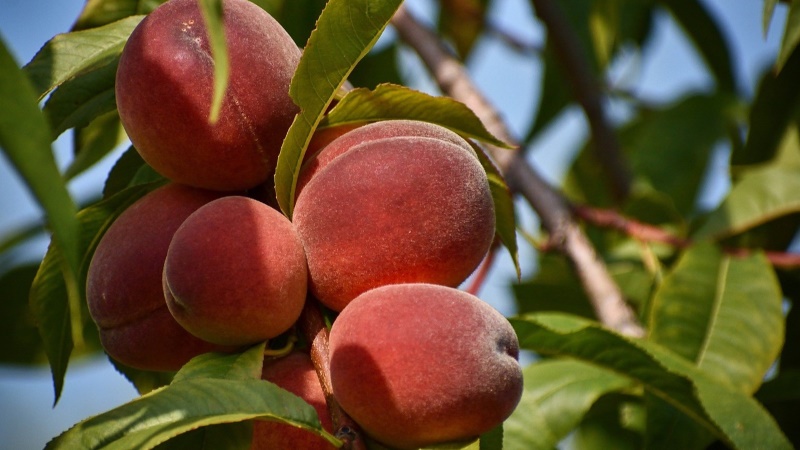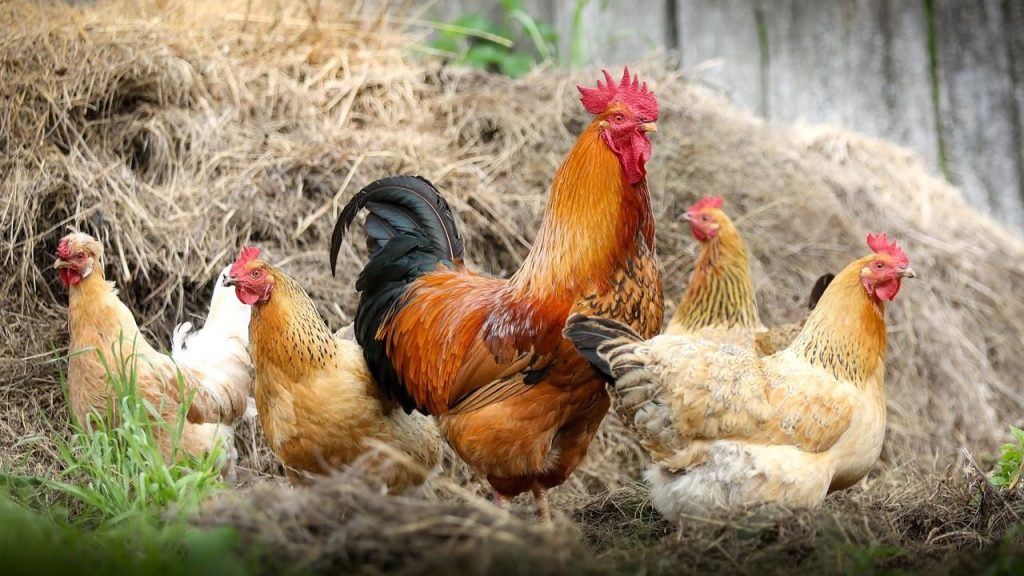Written by Eva Moore, Communications Director, South Carolina Department of Agriculture
As we approach mid-July, peach trees across South Carolina are heavy with fruit, and picking crews and packing sheds are running at high volume.
For growers and peach eaters alike, the 2024 season is a welcome change from last year. And it offers consumers the opportunity to explore more varieties of South Carolina’s state fruit.
The state’s peach industry had a rough 2023. A warm January and February coaxed trees into blooming early, so when temperatures plunged in March – and stayed low for several days – the crop was devastated. Final USDA reports show that South Carolina’s 2023 peach production was down 49 percent from the year before. (In neighboring Georgia, the situation was even worse, with production down 78 percent from 2022.)
This year, things went much better. There were no late freezes. And now peach growers are seeing the results.
“After last year’s losses, growers are thankful for an abundant crop,” says Blakely Atkinson, marketing specialist for the South Carolina Peach Council.
Atkinson notes that South Carolina is the No. 2 peach producing state in the nation, second only to California, so a strong peach crop is an important contributor to the state’s agricultural economy.
For peach lovers, 2024 offers more than simply volume.

Peaches at McLeod Farms. Credit: Blakely Atkinson
Melissa Gross, manager of the produce market at Wingard’s Market in Lexington, says South Carolina peaches aren’t just prolific this year – they’re also extra-delicious.
“The taste is great, especially now as we’re getting into freestone peaches and the late-season peaches. They’re excellent – they’re sweet, they’re juicy,” Gross says.
In May and early June, the peaches that ripen are generally clingstone and semi-freestone varieties. Clingstones are usually smaller and the flesh is harder to separate from the pit. They taste great, though, and are often used in canning. Later, the freestone peaches ripen. They’re usually larger and easier to cut and eat because of the free pit.
Many grocery stores label peaches as either yellow or white, along what state they’re from. But if you visit a farm stand, farmers market, or Certified Roadside Market, you might learn much more about the particular kind of peach you’re buying depending on what’s being picked that week. Last weekend, for example, a vendor at the Ridge Spring Farmers Market was selling Messina peaches from Titan Farms. They were huge and round, their orange flesh streaked with red inside, with punchy, sweet flavor and plenty of the acidity that separates a good peach from a great one.
According to Gross, peach buyers at Wingard’s Market are asking for particular varieties by name more than ever this year.
“We educate our consumers because we want them to know they’re getting good quality peaches and exactly what it is they’re eating,” she says. “They find the ones they really like and they come back asking for them.”
At McLeod Farms in McBee, shoppers also ask for their favorite peaches by name, or inquire about certain qualities.
“When it comes to specific variety requests, customers may be looking for a certain size, color, or texture,” explains Rachel McCormick, marketing coordinator at McLeod Farms. “For instance, the Winblo variety is a ‘melting’ variety and is very soft and juicy, where other peach lovers prefer the firmer texture and redder color of the O’Henry variety.”
“I always tell our customers, no matter which one is your favorite, you really can’t go wrong with any peach variety harvested in the month of July in South Carolina,” McCormick adds.
About the South Carolina Department of Agriculture

The South Carolina Department of Agriculture was established in 1879 to oversee and promote agriculture in the Palmetto State. With services as diverse as food safety inspections, entrepreneurship development, and the Certified South Carolina branding program, we help the state’s farmers and agribusinesses grow and prosper.



